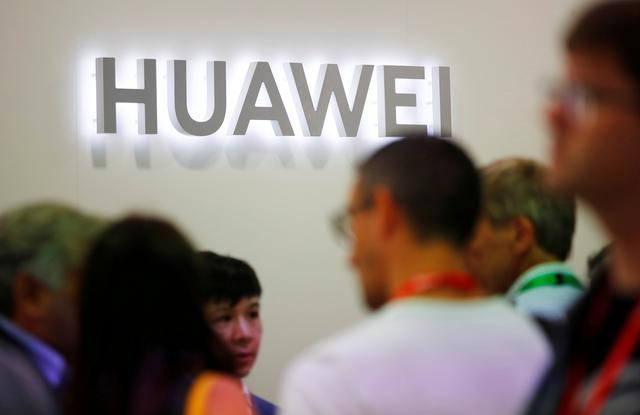The National Reform and Development Commission (NDRC) is finished with its preliminary assessment of some firms to fast forward mainland's social credit rating system involving 33 million companies that will get rated as excellent, good, fair or poor.
Foreign firms have been uncomfortable with Beijing's social credit rating plan fearing that they will either get singled out in trade disputes or their domestic competitors will be given an advantage.
Many of them are even thinking this as a retaliatory response to what the US did to the telecommunications firm Huawei.
China's credit rating system, aimed to help create better corporate citizens, will include administrative punishments given by market regulators, court rulings, environmental protection issues, government licensing, product quality and work safety.
Chen Hongwan, director-general of the NDRC's fiscal and financial affairs department, said that the social credit system is a way to find out how the government could help enterprises.
Lian Weiliang, deputy chairman of the NDRC, clarified that the assessment would not be used for punishment.
Instead, measures to remedy poor assessments would get implemented according to joint memorandums by different government agencies.
Lian added that there are more than 50 joint memorandums that stipulate state incentives and punishments in different sectors that could include temporary or even permanent ban on the market if it was discovered that a firm is endangering life and property.
Once firms get labeled, depending on this initial assessment, the Chinese government will facilitate supervision in different degrees.
For instance, businesses that will show poor credit history will get assistance from local officials for a detailed review so that the firm's rating could be corrected.
NDRC is done with its assessment of coal mining firms, home services, long-distance bus providers, natural gas suppliers, and travel service companies.
April's published social credit rating system of the coal sector showed that out of 19,000 firms in the country, only 98 were rated as excellent and 1,868 of them have poor credit ratings.
It was found out also that some of the 204 natural gas suppliers that got poor ratings did so because they violated laws or regulations as it appears on the list of the Supreme Court of the State Administration of Market Regulation.
Though the NDRC didn't discuss the methodology for the social credit rating system nor the foreign or private firms that got included in the published assessment, it noted it will ask for public feedback before October ends.
In the end, Chen added that China's Internet and big data technology will "set up a risk warning mechanism" preventing cross-sector and cross-region risks.






